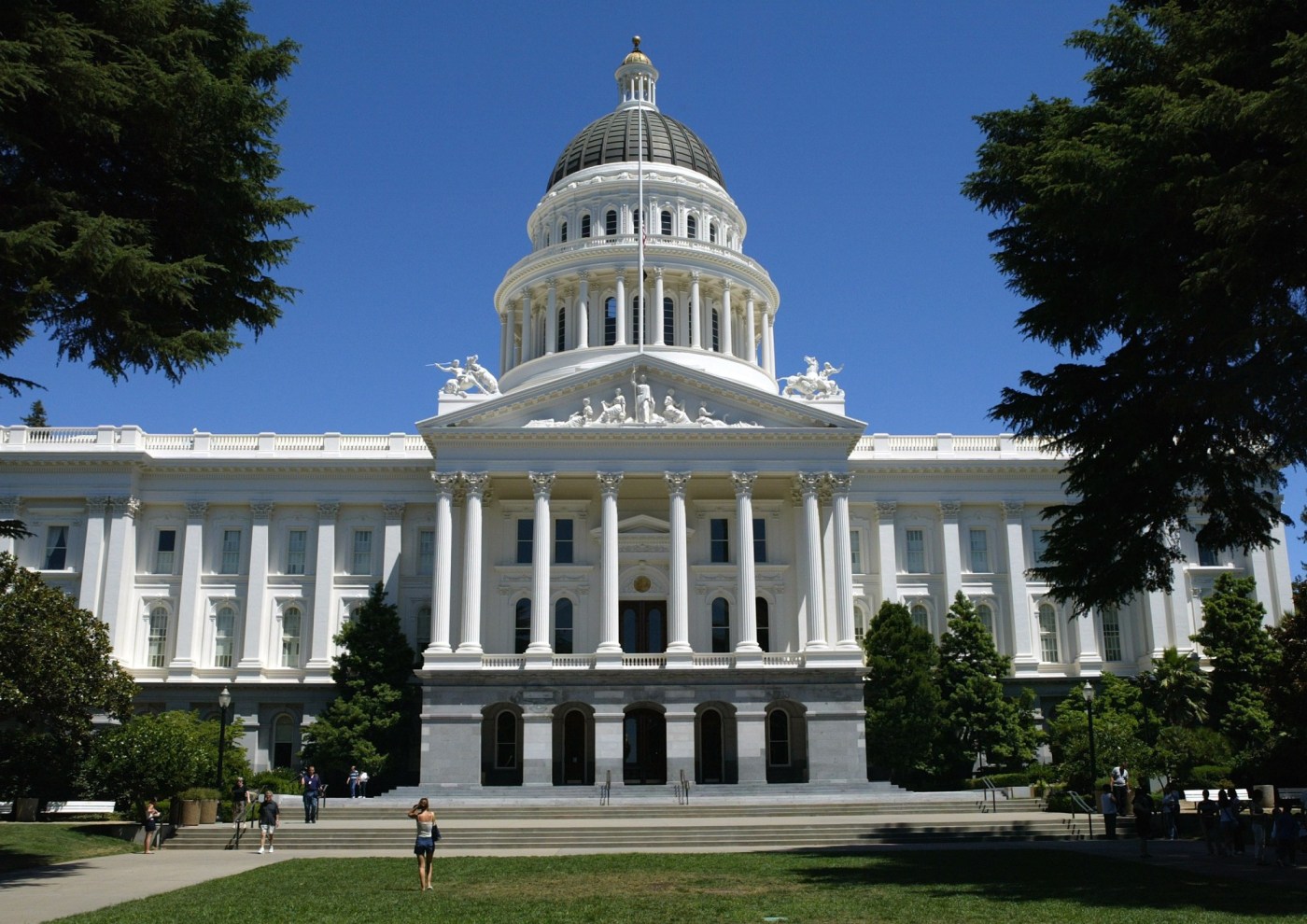The future of incentives for newly constructed solar panels got a bit brighter last week.
A group of legislators took initial steps to ensure solar energy and batteries continue to be excluded from property tax assessment, called “one of California’s most valuable incentives to acquire” such energy by Sen. Catherine Blakespear, the bill’s author.
Generally, when homes are remodeled or changed in certain ways, they need to be reassessed, which can lead to an increase in property taxes.
But for nearly 30 years, California has, off and on, provided exceptions for solar panel and battery installation. During this time, more than 2 million solar panels have been installed on roofs in California, according to Blakespear’s office.
That exception is set to expire in 2027, but the Senate Revenue and Taxation Committee unanimously agreed to push through legislation that eliminates that sunset and more narrowly defines just what can be excluded from a property tax reassessment. Sen. Tom Umberg, D-Santa Ana, is a member of that committee.
“As the state moves toward renewable energy, we need to encourage solar installation,” Blakespear, an Encinitas Democrat who represents communities in southern Orange County, said. “Maintaining a tax exclusion for solar panels and batteries is an important incentive we should not take away from Californians.”
Blakespear told members of the Revenue and Taxation Committee that installing solar on a residential property now costs tens of thousands of dollars. The exception, however, can save homeowners $200-$500 a year, she said.
SB 710 curtails the exception to solar energy systems that are physically attached to a residence or building or are located on the assessor’s parcel and provide solar energy to those structures and dwellings.
It eliminates the exclusion for utility-scale solar farms, according to Blakespear’s office, and ensures that only the solar energy from non-residential systems that is consumed on site can qualify.
The bill is supported by various groups, including the California Center for Sustainable Energy, Climate Action California and Solar Rights Alliance.
It is opposed by the California State Association of Electrical Workers and the Coalition of California Utility Employees, according to a bill analysis.
In other news
• Sen. Steven Choi, R-Irvine, recognized Lonnie Lee, the director of the Moon International Center at Irvine’s Concordia University, on the Senate floor last week. This was part of the upper chamber’s efforts to honor AAPI leaders from around the state.
“Lonnie Lee conceptualizes the true spirit of global leadership and compassion that is needed to strengthen our communities,” Choi later said in a statement. “Her dedication to helping international students navigate the complex admissions process and settle into life in the United States is deeply inspiring.”
• The Assembly last week unanimously passed a bill meant to hold large social media companies financially responsible if they are found to have caused children and teens harm due to their negligence.
“Despite the legislature’s continued efforts to address the mental health crisis fueled by social media, the platforms remain unaccountable,” said Assemblymember Josh Lowenthal, D-Long Beach, the bill’s author. “AB 2 is a necessary step to finally compel the industry to take responsibility for the damage their algorithms and design choices are causing to our kids.”
